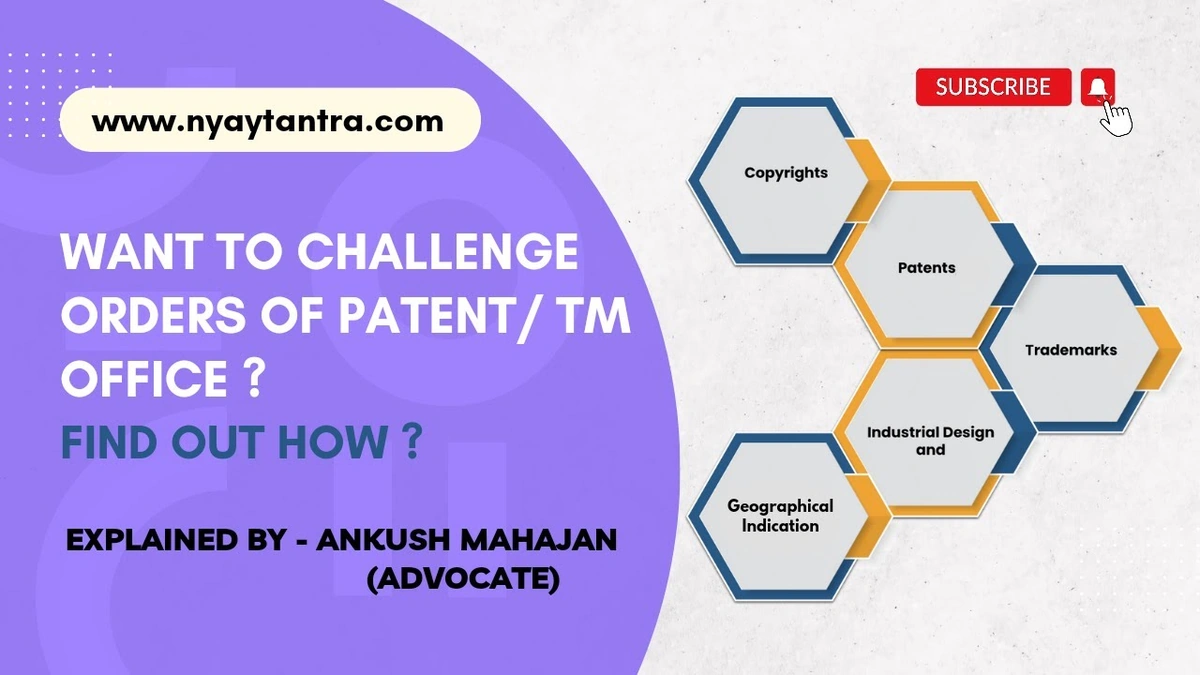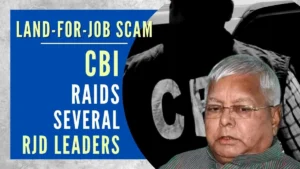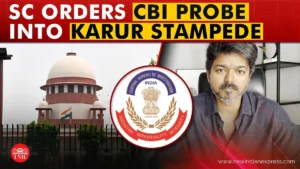ED Raids 17 Locations in Kerala, Tamil Nadu Over Luxury Car Smuggling Under FEMA
So, the Enforcement Directorate (ED) just swooped in on 17 locations across Kerala and Tamil Nadu. What’s got them so interested? Luxury vehicle smuggling under the Foreign Exchange Management Act (FEMA). But here’s the thing – it’s not just about fancy cars; it’s about the money, the network, and the sheer audacity of it all. I mean, think about it – someone is going to great lengths to bypass import duties and regulations to get their hands on these high-end vehicles. Let’s dive into the ‘why’ behind this, because trust me, it’s more layered than a perfectly baked Kerala Parotta.
The FEMA Connection | More Than Just a Law

FEMA, or the Foreign Exchange Management Act, isn’t exactly the kind of thing you discuss over tea, right? It’s a big deal, though. It governs all transactions involving foreign exchange. When someone’s smuggling luxury vehicles and getting caught under FEMA, it’s not just a customs issue; it means they’re likely playing fast and loose with how they’re moving money across borders. The ED gets involved because they suspect violations that undermine India’s financial regulations. And what fascinates me is the scale – 17 locations suggest this isn’t a small-time operation.
It goes beyond just evading taxes, it potentially involves money laundering, hawala transactions, and a whole host of other financial shenanigans. Understanding FEMA violations is key here. It’s not just about the import duty evaded on the cars; it’s about the larger economic implications. The ED wants to know where the money came from, where it’s going, and who’s pulling the strings.
Who’s Driving These Deals? Decoding the Players
Let’s be honest, luxury car smuggling isn’t your average street hustle. It requires connections, resources, and a deep understanding of loopholes. So, who are these people? Are they wealthy individuals looking to avoid taxes? Are they part of organized crime syndicates? Or is it a mix of both? What I initially thought was straightforward is turning out to be quite a rabbit hole.
Consider this: importing a luxury car involves significant paperwork and scrutiny. To bypass this, smugglers often undervalue the vehicles, use shell companies, or route them through multiple countries to obfuscate their origin. The ED’s raids likely targeted individuals and entities suspected of being involved in these activities. Expect a mix of importers, dealers, and possibly even some government officials in the mix. This may also involve black money being used to fund such operations.
The Kerala and Tamil Nadu Angle | Why These States?
Okay, Kerala and Tamil Nadu. Why these two states? Is it because of their coastal locations, making them ideal entry points? Is it because of a higher demand for luxury goods in these regions? Or is it simply where the ED’s investigation led them? Let me rephrase that for clarity: it’s likely a combination of factors. Coastal access makes smuggling easier, and a wealthy population creates a market for luxury cars. But it’s also about existing networks and vulnerabilities in the system.
Think about it: ports in these states might have less stringent oversight compared to larger metropolitan areas. Local demand for high-end vehicles is booming. Plus, existing trade routes could be exploited to move contraband. The interesting thing here is, according to sources, this might be ongoing from a while. The geographical proximity to other countries is also a factor.
The Ripple Effect | Implications for the Auto Industry and Economy
This isn’t just about a few smuggled cars; it has broader implications. When luxury vehicles are smuggled, it undermines legitimate businesses, distorts the market, and deprives the government of revenue. The auto industry , which plays a huge role in the economy, gets hit hard. Dealers who play by the rules struggle to compete with those who cut corners. The government loses out on import duties, which could be used for public services. MSMEs are already struggling and these types of activities further harm them.
And what about the consumers who buy these smuggled cars? They might get a temporary discount, but they’re also putting themselves at risk. The vehicles could be seized, they might face legal issues, and they’re supporting an illegal activity. It’s a classic case of short-term gain for long-term pain. Also, think about the warranty issues with such cars, as most companies provide service only to legally imported vehicles. These smuggled vehicles also create a parallel market that needs to be investigated.
Luxury Car Smuggling | A Never-Ending Game?
Here’s the thing: smuggling isn’t new. It’s a cat-and-mouse game between law enforcement and those trying to circumvent the rules. As authorities crack down on one method, smugglers find new ways to operate. What fascinates me is how these smuggling networks constantly evolve, adapting to new regulations and technologies. The authorities need to remain vigilant, upgrade technology and improve border control.
The ED raids are a reminder that the fight against financial crime is ongoing. It requires constant vigilance, international cooperation, and a willingness to adapt to new challenges. While sources suggest more details will emerge in the coming weeks, it’s best to keep an eye on official reports. This is not the end, but a new chapter in a long and complex story. Tax evasion is a serious issue, but authorities must be aware and improve the system to eradicate such crimes. Enforcement Directorate should be provided with enough resources to check financial crimes.
FAQ Section
Frequently Asked Questions
What exactly is FEMA?
FEMA, or the Foreign Exchange Management Act, is an Indian law that regulates foreign exchange transactions. It’s designed to facilitate external trade and payments and to promote the orderly development and maintenance of the foreign exchange market in India.
What happens if you’re caught violating FEMA?
Violations of FEMA can lead to penalties, including fines, confiscation of assets, and even imprisonment in some cases. The severity of the penalty depends on the nature and extent of the violation.
How do luxury cars get smuggled?
Smugglers use various methods, including undervaluing vehicles, using shell companies, routing vehicles through multiple countries, and bribing officials.
Why are luxury cars a popular smuggling target?
Luxury cars have high value and attract high import duties. Smuggling them allows individuals to evade these duties, making a significant profit. Also, sometimes these cars are part of some crimes that need to be investigated thoroughly.
How does this affect the average person?
Luxury vehicle smuggling deprives the government of revenue that could be used for public services. It also undermines legitimate businesses and distorts the market.
What can be done to prevent luxury car smuggling?
Preventing smuggling requires stricter enforcement of regulations, enhanced border control, international cooperation, and increased public awareness.













